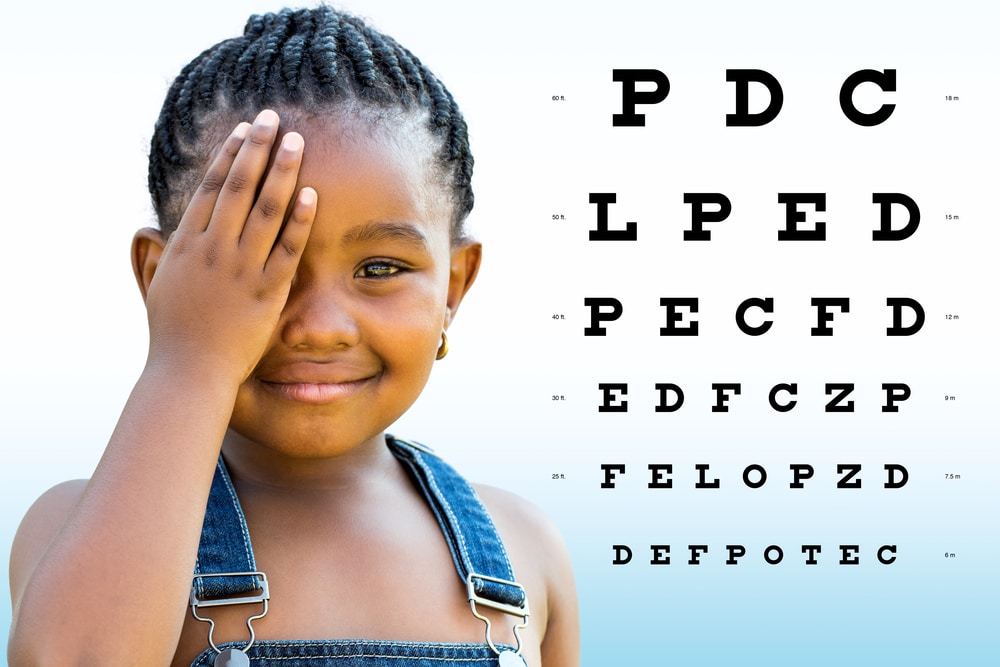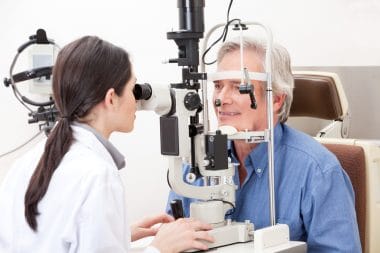Protect your eyes, God only gave you two of them, we’ve all heard that one before right? Well it’s true of course, we only have two and we should take every precaution to protect them, whether it’s wearing sunglasses when outside or wearing safety glasses to protect them from flying debris when we are working in the shop or lawn or on the car or whatever. Sure, that’s all good; we know all that right, but what about your children’s’ eyes? How do you protect them?

If your child participates in sports activities it is very important for them to wear the proper eye protection gear just as you would especially considering that a child”s lens allows approximately 70% more UV rays to enter the eye and hit the retina than an adults. If your child partakes of hobbies that involve sharp instruments, (think model building) they should be wearing safety glasses or goggles.
If your child spends too much time in front of the computer or television playing games or watching TV. shows it can be detrimental to their eye health right?

But extended periods focusing on a fixed object can cause blurry vision and headaches so make sure that they take a break every twenty minutes or so, the 20/20 rule says that for every 20 minutes in front of the screen they should take 20 seconds looking out the window or focusing on an object farther away, besides, they should get up and move around every so often anyway as they run risks of developing blood clots if they sit repeatedly for hours on end, but that’s another article.


The lesson here is that just because they don’t say anything, doesn’t mean nothing is wrong. Ask your child how he/she sees things. Ask them about colors, ask them about clarity, have them use one eye then the other, make a game out of it, chances are if there is a problem you can find out at home. If you find anything to be concerned about, take your child for an eye exam and find out exactly what it is before it is too late. After all, God only gave them two eyes, take care of them.






Reply